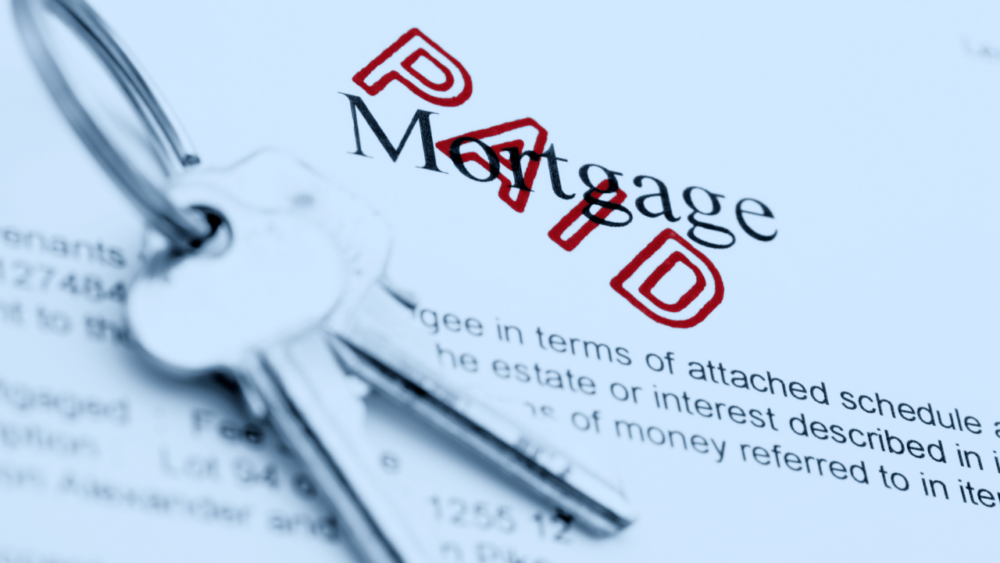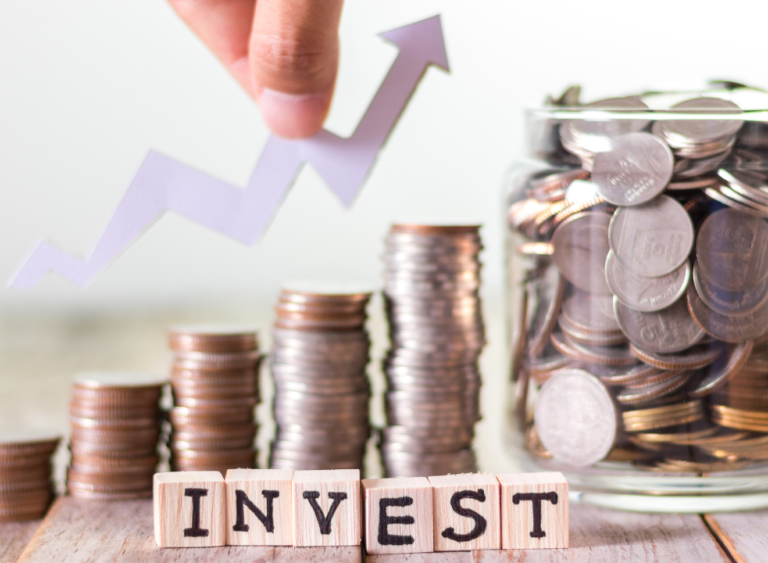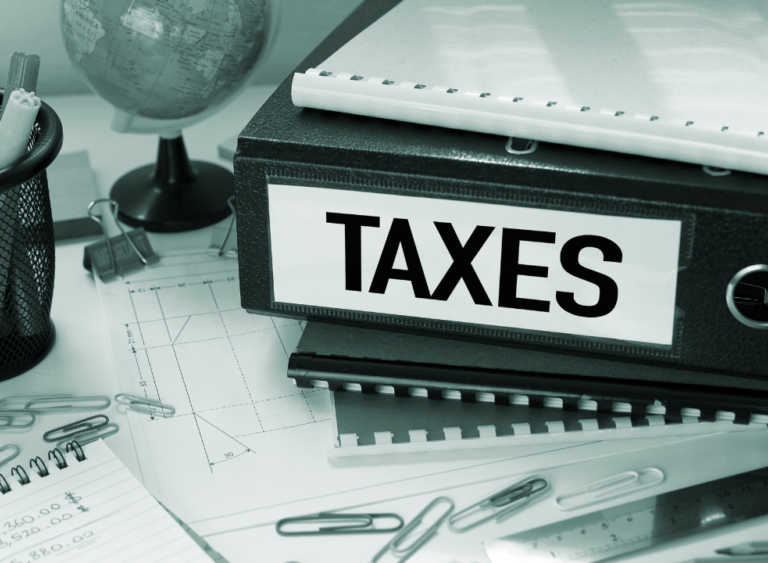8 Steps I Took to Pay Off a Home Mortgage Fast
In this article I’ll show you exactly what it took for me to pay off a home mortgage fast.
Everything from the mental and behavioral changes I had to make, to the spending patterns I formed.
It all started with the first and most important step of establishing a detailed financial goal.
1. Define a Clear “WHY”
For anyone that wants to accomplish a major financial goal, having a “WHY” is a must.
Whether that’s to pay off your house early, save up for retirement, or pass along an inheritance to your children.
If you don’t have a clear reason why, it’s likely you will lose the discipline and motivation to see things through.
My why was simple.
I spent my entire life living paycheck to paycheck and there were countless nights where I lost sleep because I was stressed about money.
and when I hit rock bottom that didn’t stop debt collectors from blowing up my phone every day
The last straw was when I got a letter in the mail from my bank that changed the way I viewed money.
They sent me a credit card statement showing they were going charge me a fee called interest that would keep me in debt for the next 12 years.
I nearly lost it, but it was the moment that started my journey to pay off all my debt fast, including a future home mortgage.
2. Get Financial Education
I had to start learning personal finance because I didn’t know the first thing about managing money.
I was telling a family member about my situation, and they sent me a link to a YouTube video of a guy named Dave Ramsey.
I started looking into more of his content and saw he taught a system called the 7 Baby Steps.
This is a step-by-step system that helps people get out of debt and build wealth.
And one of the steps that he taught involved paying off your house early!
If you’re not familiar with Dave Ramsey he has the most listened to financial podcast in the world.
He also authored this book called The Total Money Makeover that has sold over 5 million copies.
It goes into extreme detail of the process that I followed to get out of debt that eventually led to me paying off my mortgage early.
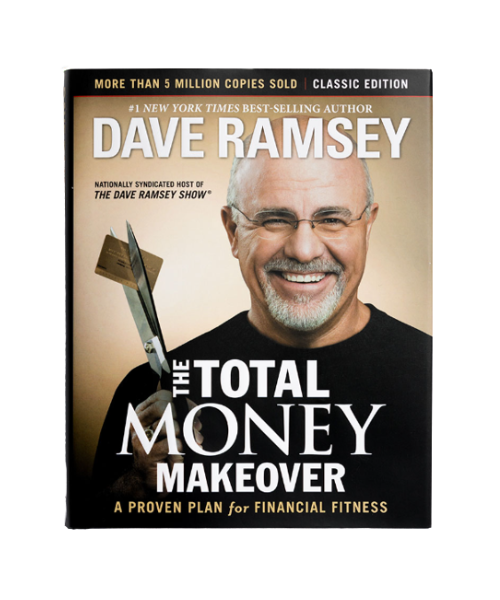
Get the FREE audiobook
The blueprint to debt freedom!
3. Start a Budget & Limit Spending
Going through this practice changed my entire behavior towards finances.
When I saw where my money was going every month it was hard to look at myself in the mirror.
There was one month where I saw that I spent nearly $1,000 on eating out a loan and that’s not counting groceries.
I was out of control.
So, I went on a bare bones budget, meaning I only spent money on the necessities of food, utilities, shelter, and transportation.
I canceled all my subscriptions, cut out all entertainment, and there was no more eating out.
Instead, I was shopping for healthy and cheap alternatives at the supermarket and started cooking all my meals at home.
I also had to start bringing my lunch to the office every day.
And I can’t begin to tell you how many invites that I had to turn down from my co-workers to go out to eat.
But now that I had gotten my spending under control, the next step was to find ways to make more money every month.
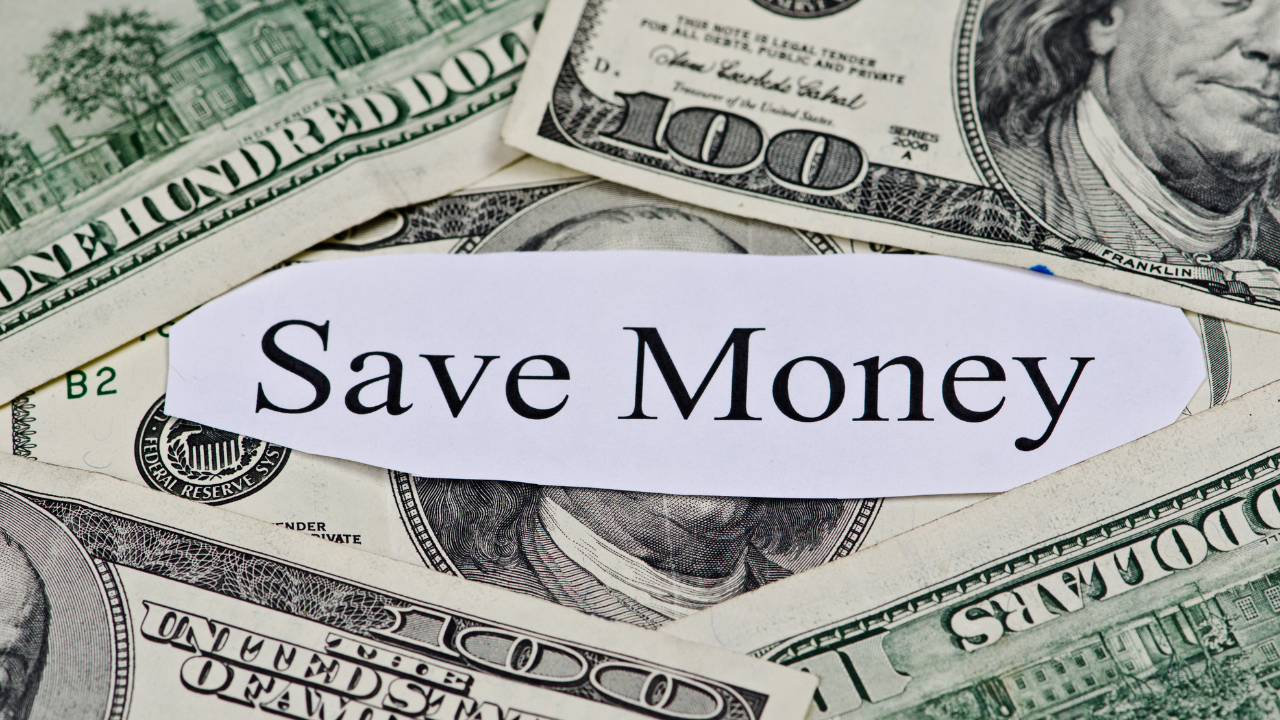
Rocket Money
The #1 money saving app!
4. Increase Monthly Income
Admittedly this is where I went a little bit overboard.
I already had a decent paying job as a technical recruiter.
On top of that, I picked up a second job that increased my income quite a bit!
At one point, I even picked up every side hustle and online business that I could think of.
I started taking things that I owned or found at thrift stores and then selling them on places like Amazon and eBay.
Surprisingly from doing this alone there were some months where I would make as much as $1,500.
I also drove for Uber and Lyft with any spare time I could find.
From that I would usually make around $250 a month.
And this next step is why it was important to get my income up, which was starting to pay off debt.
5. Begin Paying Off Personal Debts
Fortunately, I didn’t have a mountain of debt.
My total debt was about $23,750 between credit cards, medical bills, and a car loan.
When you’re looking to get approved for a home mortgage, there are several factors that lenders investigate before qualifying you.
One of the main factors is called debt to income ratio (DTI).
Simply put, this is the amount of debt that you pay monthly compared to the amount of money you make monthly.
Example of Debt-to-Income Ratio (DTI)
Say you’re looking at a house where your mortgage payment would be $1,500 a month.
And you have an existing credit card where you pay $100 a month.
Plus, an existing car loan where you pay $400 a month.
Altogether your debt payments would add up to $2,000 a month.
If your monthly income before tax is taken out is $4,000 a month, your debt-to-income ratio would be 50%.
Because the $2,000 debt payments are half of your $4,000 income.
What lenders look for is your total monthly debt payments to be no more than 36% of your monthly income.
At this point, my goal at this point was to get rid of as much debt as possible so I could qualify for a home loan.
The way that I did that is by using a method called the debt snowball.
What is the Debt Snowball Method?
This is a term used for paying off your smallest debt first.
Then using the extra money from paying off that debt to start paying off the next smallest debt.
Using this method I was able to pay off all my debt within a relatively short period of time.
Now, I could focus on the next step that allowed me to pay off a home mortgage fast.
6. Save up for a House Down Payment
A solid down payment saves a home buyer so much money it’s mind-blowing!
One way it helps you pay off a home mortgage fast is by avoiding Private Mortgage Insurance (PMI).
What is Private Mortgage Insurance (PMI)?
Private Mortgage Insurance (PMI) is a fee that homeowners pay to protect the lender in case they should stop paying the mortgage.
But it has absolutely no benefit to you as the homeowner.
The average PMI cost is around 1% of the loan balance.
If you were to take out a $300,000 home loan you would be paying the bank $3,000 within a year’s time for their protection.
Makes no sense right?!
The only way to completely avoid paying this fee is by putting a down payment of at least 20% when buying a home.
Of course, that’s much easier said than done, but it could save you thousands of dollars.
Another way a down payment helps you pay off a home mortgage fast is by avoiding interest.
Here are the impacts of interest across the most common home loan types:
30-Year Fixed Rate Mortgage Loan
The most common length of a home loan is 30 years.
It’s most popular because your monthly payment will be the lowest with a 30-year mortgage loan.
If you were to take out a $300,000 home loan over a 30-year period and your interest rate was 6.95%.
You would pay $415,000 in interest alone.
By the end of the 30-year mortgage, you would have paid $715,000 when you only borrowed $300,000.
One of the alternatives home buyers use to avoid interest is lowering the length of the loan.
15-Year Fixed Rate Mortgage Loan
The downside of a 15-year mortgage loan is that your monthly payment will be higher.
But let’s look at how much money you’ll spend over time.
If you were to take out a $300,000 loan over a 15-year mortgage you would end up paying $184,000 in interest.
By the end of the loan term your total would be $484,000 as opposed to $715,000.
The other factor that can help you pay off a home mortgage fast is the actual down payment.
The more you’re able to put down on the front end the less interest that you’ll pay overall.
Understanding this, I planned to do a 15-year mortgage and save as much as I possibly could for a down payment.
Finally came the fun part of this whole process, finding the right house!
7. Start Pricing Homes
The key here that put me in a position to pay off a home mortgage fast was patience.
I set a spending limit for a house, and I couldn’t spend any more than $300,000.
Regardless of how many listings that I fell in love with, if it fell outside my budget, I couldn’t do it.
But it wasn’t an easy search at all.
Over the next 8 months I looked at hundreds of listings, but none of them fit what I was looking for.
One day, two houses popped on my radar that seemed to have potential!
The first house I looked at was okay, but it was in a lot worse condition than the listing led me to believe.
The second house was everything I was looking for so that same day we made an offer!
I was fortunate enough that the sellers were looking to move fast so they accepted my offer in 24 hours.
Over the 8 months that it took me to find a house I was still working like a crazy and saving every dime I could.
So, I was able to put a down payment of $100,000 to avoid the private mortgage insurance and a ton of interest.
Now that I was a homeowner, here’s what I learned to be able to pay off a home mortgage fast.
8. Pay Extra Toward the Principal of the Mortgage Loan
What I didn’t know before buying a house is that a mortgage payment is made up of four costs bundled into one.
An easy acronym to understand exactly what these costs are is P.I.T.I.
Principal – The portion of the payment that lowers the balance of the loan.
Interest – A fee paid to the lender for borrowing money.
Taxes – Property tax paid on the house.
Insurance – Coverage to protect the home.
Mortgage Payment Example:
You take out a home loan for $300,000 and your monthly mortgage payment is $2,000.
Say that your payment is broken down evenly into four parts.
Principal = $500
Interest = $500
Taxes = $500
Insurance = $500
Because only $500 of the $2,000 payment went toward the principal of the mortgage.
The overall loan balance would go from $300,000 down to $299,500.
Understanding this, I was determined to pay as much toward the principal as possible so I could pay off the home mortgage fast.
From working 80 plus hour weeks and living on a razor thin budget, I was able to pay an extra $25,000 a month towards the mortgage.
I bought my house in April of 2019 and paid it off in October of the same year!
In total, including my down payment, I paid off $250,000 within 6 months.
How I Increased my Income
The reason I was able to increase my income so much is because I worked in the technology field.
These offer some of the highest pay in the world.
If you’re looking to break into Tech or a Tech related position, a resource I use is called CourseCareers.
They offer online certification programs to get people certified and hired into some of the highest jobs out there.
If you want to learn more, you can sign up for a free introductory course below.

CourseCareers
Get certified and land a higher paying job!
Conclusion
A lot of people might think that this sacrifice wasn’t worth it.
But going through this process transformed my life and I’m more intentional about how I manage money.
Since paying off my mortgage I managed to buy a rental property that generates over $1,200 a month in passive income.
It’s also allowed me to start a business where I don’t have to work a 9 to-5 if I don’t want to!
Now my mission in life is to show others different ways to make more money.
Whether that’s getting a higher paying job or making extra cash on the side to eventually become your own boss and build unbelievable wealth.
If you’re looking for more tips to make and manage money, feel free to visit our resource center!
Frequently Asked Questions
Q: Why should I pay off my home mortgage early?
A: Paying off your mortgage early offers numerous benefits, including saving thousands of dollars in interest payments and increasing your net worth.
Q. Can I pay off my mortgage early even if I have a limited income?
A: Yes, it’s possible to pay off your mortgage early regardless of your income level. The key is to prioritize financial discipline, budgeting, and finding ways to increase your income.
Q: What is the debt snowball method, and how does it help in paying off debts?
A: The debt snowball method involves paying off debts starting with the smallest balance first while making minimum payments on larger debts.
Once the smallest debt is paid off, you roll that payment into the next smallest debt, creating a “snowball” effect that accelerates debt repayment.
Q: How much should I save for a down payment to pay off my mortgage faster?
A: Aim to save at least 20% of the home’s purchase price for a down payment to avoid private mortgage insurance (PMI) and reduce interest costs.
Q: What strategies can I use to find an affordable home within my budget?
A: Be patient and thorough in your home search, set a clear spending limit, and prioritize financial prudence over emotional purchases.
Research various neighborhoods, consider buying fixer-upper homes, and explore different financing options to find the best deal within your budget.
Q: How do I pay extra toward the principal of my mortgage loan?
A: Allocate additional funds toward your mortgage payment, specifying that the extra amount should be applied to the principal balance.
This helps reduce the principal faster, leading to significant interest savings over the life of the loan and expediting mortgage payoff.

